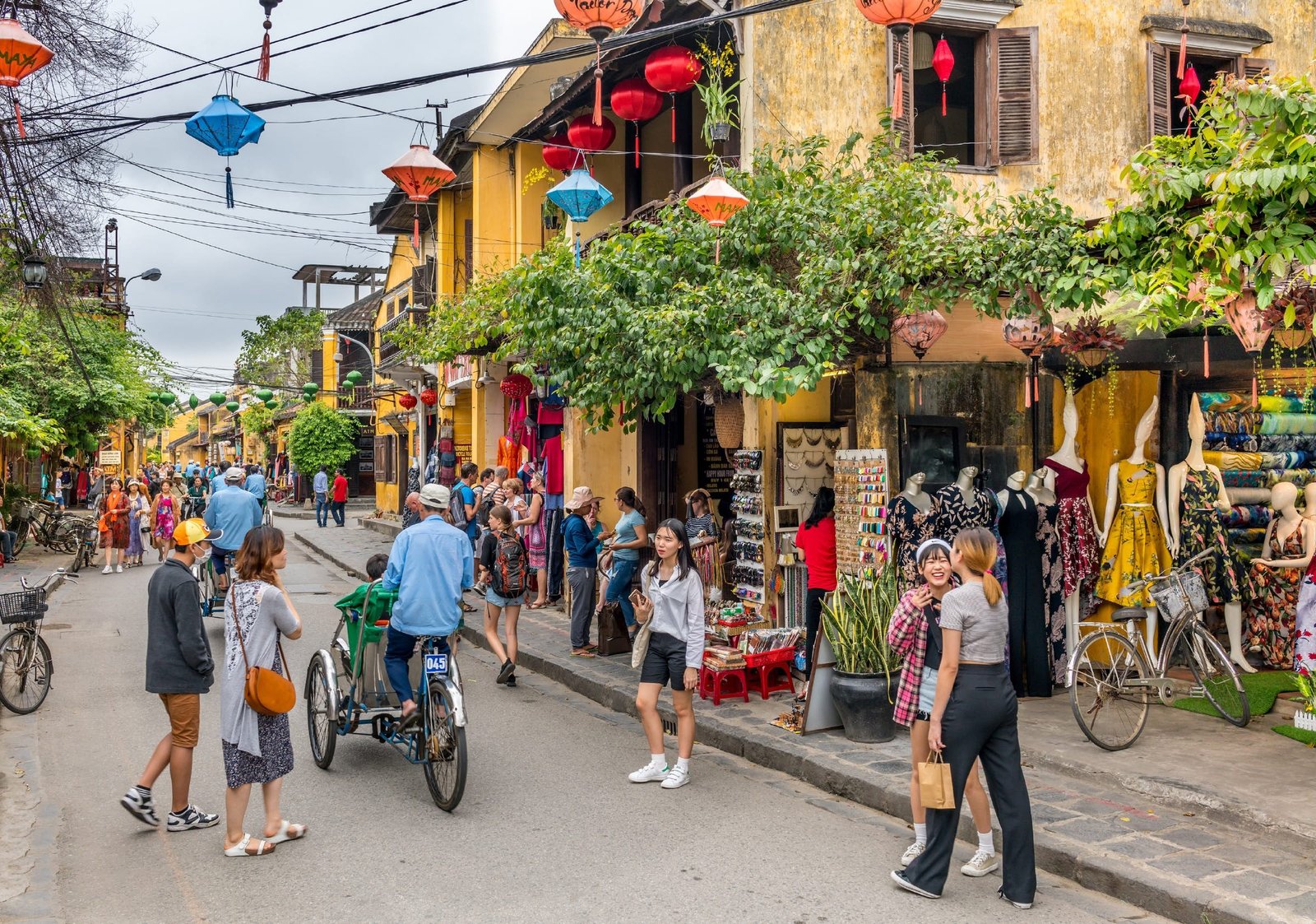Formerly a neglected sector under central planning, services began to boom at the end of the 20th century. Since the early 1990s, the contribution of services to GDP has surpassed that of agriculture and matched or exceeded that of industry. By the early 21st century, services accounted for roughly one-fourth of total employment. The focus of the sector was processing and assembly; scientific research and design, marketing and market research, finance, and telecommunications were still in their infancy but growing. Although hundreds of thousands of service jobs were added to Vietnam’s employment market in 2006, sectoral growth continued to lag behind demand, posing a threat to broader economic development. Pressure from the U.S.-Vietnam bilateral trade agreement and the WTO resulted in a liberalization of the rules governing foreign participation in banking, telecommunications, and insurance that was expected to accelerate the service sector’s growth. Tourism has become increasingly important.
At the beginning of the 21st century, women accounted for about half of the active workforce, and highland ethnic minorities were more likely than the lowland Vietnamese to be unemployed or working in agriculture and forestry. Ethnic Chinese, despite the persecution and exodus of the late 1970s, have capitalized on liberalizing reforms and contacts with the Chinese diaspora to recover an important role in business, commerce, and trade.
The government is motivated by its socialist identity to be more rigorous than most developing countries in enforcing workers’ rights. In one celebrated case, the government in 1997 sentenced the foreign floor manager of a foreign contractor of a multinational corporation to six months in jail for compelling workers to run laps if they did not wear regulation shoes. In numerous similar incidents, particularly involving foreign-owned firms, labour unions have displayed a subdued but real determination to defend the interests of workers.
Workers’ rights do not extend to organizing independent labour unions, however. The Vietnam General Confederation of Labour (VGCL) is the sole legal national trade union, and all unions must affiliate with it. The confederation is a constituent of the Vietnam Fatherland Front, a communist party coalition, and is under the party’s firm control. The president of the VGCL is usually a member of the party central committee. Unions may press the government to enforce laws and regulations as well as to organize strikes, albeit within strict legal limits. Direct action by workers and the formation of alternative unions, however, are forbidden. A wave of worker unrest in 2006 was largely a protest against the failure of basic wages to keep up with the skyrocketing cost of living, especially in Ho Chi Minh City.
Vietnamese citizens and resident foreigners are subject to progressive taxation, while nonresident foreigners are taxed at a fixed rate on income earned in Vietnam. A law on corporate income tax adopted in 2003 lowered the standard tax rate for all legal entities, including foreign-invested firms. Another law makes it possible to grant lower, time-limited preferential rates as incentives for investment in certain projects, particularly those involving high technology. In addition, there are special sales taxes—some quite high—on various goods and activities, such as tobacco, alcohol, playing cards, automobiles, gasoline, certain air conditioners, massage services, and casinos. A value-added tax (VAT) was introduced in 1999. Import and export tariffs began to fall in 2006 to comply with the requirements of the ASEAN Free Trade Area agreement and WTO membership.


Comment (0)